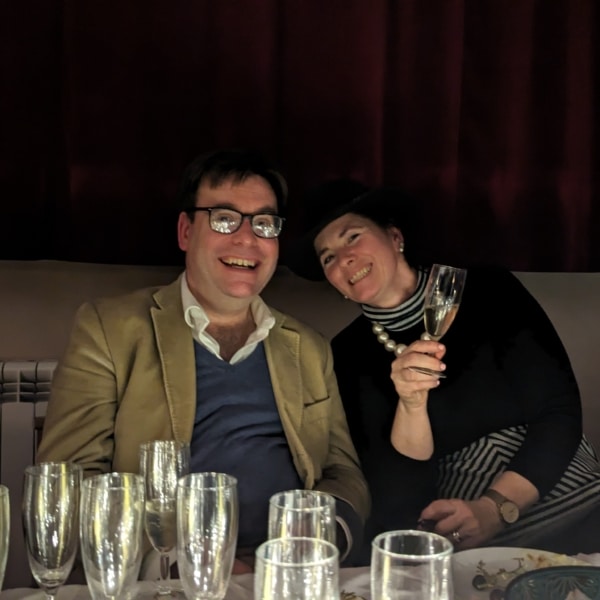Spring Concert: A Melodic Celebration of Talent and Community
This year’s Spring Concert was another spectacular display of musical ability and community spirit, winning over the audience with a diverse range of music. From classical instrumental ensembles to vibrant vocal performances, the concert spanned a multitude of musical genres and styles.
There were plenty of memorable moments from start to finish. The show opened with a joyous choral celebration as all Juniors united for an energetic interpretation of Miriam Makeba’s ‘Pata Pata.’ The Junior Choir’s harmonious performance of ‘The Lord’s Prayer’ offered a reflective moment. Daring dance moves added excitement to the Senior Choir’s rendition of ‘Another Day of Sun’ and it was stirring to see the whole Senior School on stage together for a spirited performance of ‘The Rhythm of Life’.
In addition to the vocal performances, pupils had their moment to shine instrumentally. Individual classes performed on glockenspiels, recorders, and ocarinas, building up to a delightful ukulele performance of Bruno Mars’ ‘Count on Me’ by Year 6. A powerful percussion extravaganza by Years 7 and 8 brought the evening to a thrilling close. Smaller wind, string and orchestra ensembles throughout the show further enriched the musical tapestry of the evening, and solos by Luke (Y10), Emilie (Y11), and Isabella (Y10) showcased remarkable skill and dedication.
Special thanks to our talented accompanists Mrs Caldwell, Mr Dalton, and Mr Wright, as well as dedicated instrumental teachers Mrs Good and Dr Howell, and our amazing Senior School Music Teacher Mrs Lowe. However, credit for the incredible energy of the evening must go to our Head of Music Mrs Zurcher, acknowledged by Mr Fletcher as the driving force behind the event. As he reminded the audience of music’s necessary role in nurturing diverse interests and enriching lives, the Heritage Spring Concert stood as a testament to the transformative power of music in education.








